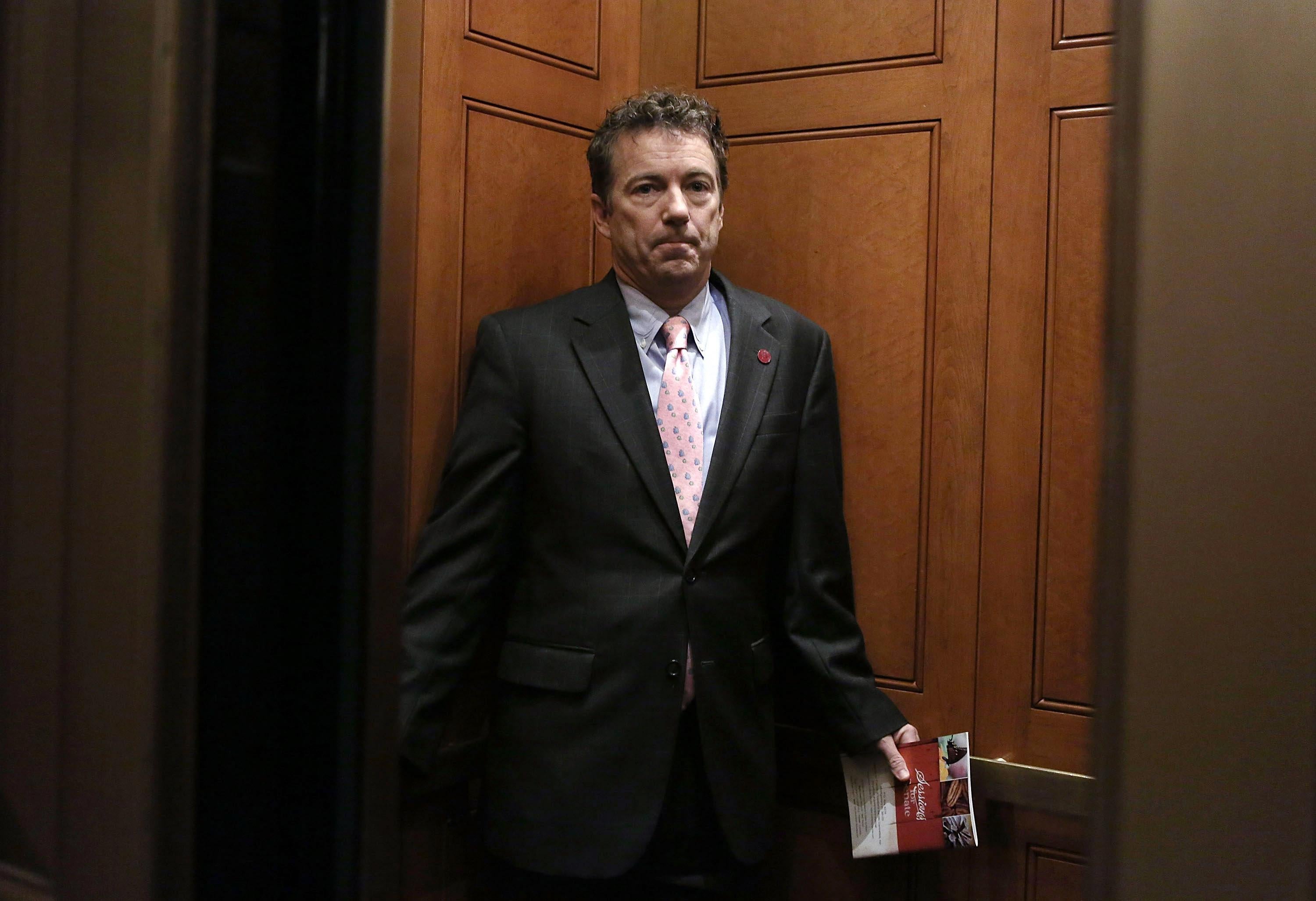There is much to love in Alec MacGillis’s profile of the drone lobby, reported at an industry meeting just outside D.C. I didn’t know there was an “unmanned systems caucus,” and now I do. But I did have some idea of the industry’s new fears, and their waning public image.
Ben Gielow, a lobbyist, played a clip that aired on Fox News last summer, claiming that the Environmental Protection Agency had sent drones to spy on ranchers in Nebraska and Iowa. Actually, they were manned Cessnas doing routine checks for clean-water violations, but the host, Megyn Kelly, launched into maximum dudgeon mode anyway. “These are the same drones we use to track down Al Qaeda terrorists,” she declared. “As you can see,” Gielow said dryly, “we have a challenge with the media.”
Slowly, surely, this form of paranoia about drones has seeped into the public mind. (I’m not really using “paranoia” in a pejorative way, but in that Fox News example, the fear was baseless.) Last summer, when I talked to Sen. Rand Paul about the issue, he painted a Brazil-esque mental portrait of drones spying on Americans whenever they left their homes—of bans on Big Gulps being enforced by robotic eyes. “I think people are concerned about things like that, wanting to know about every aspect of our life,” he said. “And I think when you put it in words or in terms such as ‘people will be flying over your backyard barbecue seeing if you’re wearing the right kind of bathing suit, drinking the right kind of drink, what you’re smoking, what magazines you might be reading’—a drone can find out all kinds of stuff about you you may not want everybody to necessarily to know about.”
As I write, Sen. Paul is staging a filibuster (actually just a long speech, because both sides expect a vote today) of CIA nominee John Brennan’s hearing. He’s quoting from sources ranging from The Atlantic to National Review to ask why we don’t know more about targeted killing. The whole thing reminds me of a story I covered closely in 2008—how a libertarian-left coalition killed the REAL ID proposal by asking the public if it was ready to risk the worst-case scenarios. Same thing here. The opponents of war-ready drones—which are popular—can make gains from the people who fear domestic drone use.
